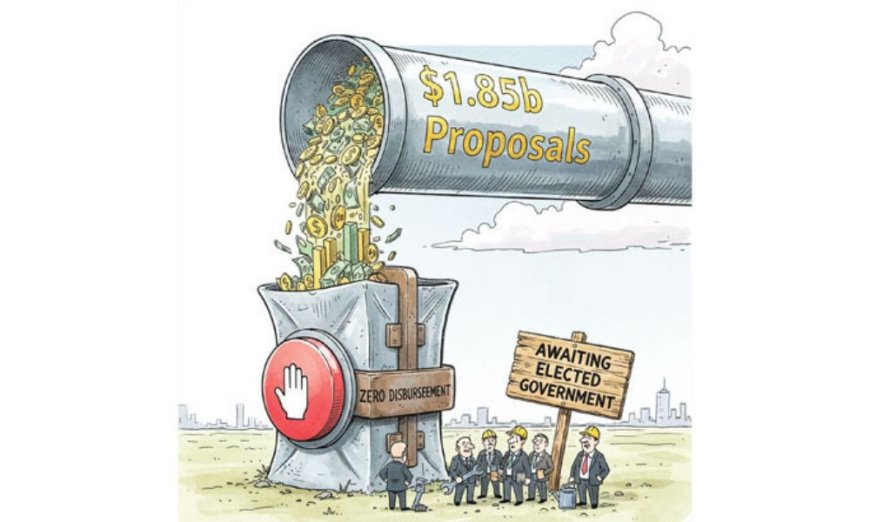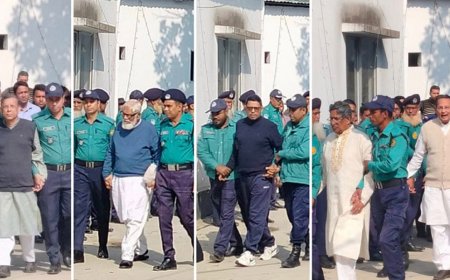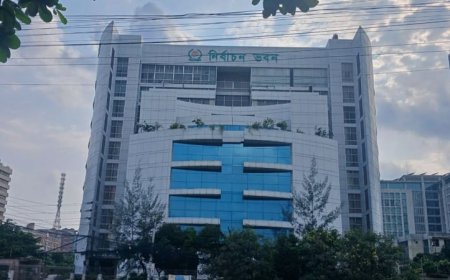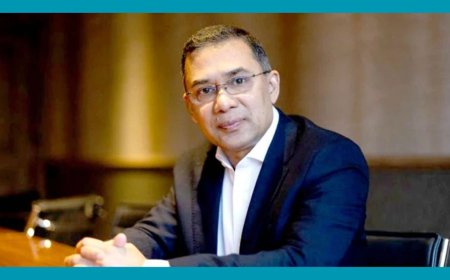Investors are holding back for now as they wait for greater clarity on the political situation
Analysts caution that the lack of clear policy direction could keep both domestic and foreign investors on the sidelines.

Bangladesh is experiencing a growing gap between strong investor interest and the actual flow of capital into new ventures, as many investors are slowing or withholding committed funds while they wait for an elected government to assume office.
According to government officials and economists, although reinvestment by existing companies has picked up, investors remain hesitant to release new capital without political stability, predictable regulation and confidence in policy continuity.
From January to August 2025, Bangladesh received investment proposals worth $1.85 billion, including $650 million from foreign sources. Of this, the Bangladesh Investment Development Authority (BIDA) registered about $1 billion, while the Bangladesh Export Processing Zones Authority (BEPZA) logged nearly $500 million.
Yet officials confirmed to the Daily Sun that not a single dollar in new funds has been disbursed so far this year.
“There is no fixed timeframe for disbursement,” a BIDA official said, adding that most foreign investors are unwilling to move ahead until political stability returns.
Another BIDA representative pointed out that the recent activity is largely tied to previously committed projects, not new investments. “Fresh disbursements will likely begin after the general election scheduled for February 2026,” the official noted.
Humayun Rashid, immediate past president of the International Business Forum of Bangladesh, said foreign investors have become “noticeably cautious”.
“Several foreign investors recently asked me whether Bangladesh’s national election will be held soon,” he told the Daily Sun. “Both local and foreign investors want an elected government. Business is stagnant now, and they are waiting for a stable and reassuring environment.”
Humayun, also managing director and CEO of Energypac Power Generation Ltd, added that while Bangladesh continues to be an appealing destination for global firms, confidence has eroded amid ongoing political uncertainty.
FDI growth driven by reinvestment, not new capital
Despite the slowdown in new disbursements, Bangladesh saw a 61.5% year-on-year rise in net foreign direct investment, reaching $1.09 billion in the first half of 2025.
However, much of this increase came from reinvested earnings and intra-company loans, rather than fresh equity inflows.
Economists say this trend indicates that existing investors are sustaining their operations, even as new ventures remain on hold.
Economists call for stability and reforms
Former World Bank lead economist Dr Zahid Hussain stressed the need for political stability, regulatory reform and fully prepared economic zones to unlock substantial foreign investment.
“Investors need stability for long-term commitments,” he told the Daily Sun.
He noted that the investment summit earlier this year had generated interest, but intent alone would not translate into capital inflows without clearer policy signals and stronger governance.
Election timeline seen as critical to investor behaviour
The 13th parliamentary election is scheduled for the first half of February 2026.
Although the interim government has tried to reassure business leaders, uncertainties surrounding the political transition continue to dampen investor confidence.
Analysts say that absent firm signals on policy continuity and regulatory reforms, both domestic and foreign investors are likely to stay cautious.
Outlook
Experts believe Bangladesh’s medium-term prospects remain supported by reinvestment from established players and ongoing interest in sectors such as technical textiles, pharmaceuticals, IT and medical devices.
But they caution that the absence of new disbursements—despite billions of dollars in proposals—shows investors are holding back until the political landscape becomes clearer.
Most observers expect the investment pipeline to remain slow until an elected government assumes office and outlines its policy direction.
What's Your Reaction?





















































































